Guest post by Alexandra Shlomi, THE GOLDEN WHALE
In recent years it seems that the new “trend” of ecotourism has become more and more prevalent. Ecotourism may be seen as a contemporary fashion, but awareness of the environmental implications of our actions is a necessity if we are to continue living here and enjoying everything we enjoy today.
My name is Alexandra and I own the The Golden Whale Blog. The purpose of the blog is to provide tools and inspiration to preserve the environment and enjoy the world, without giving up the high standard of living we have become accustomed to. I am happy to take part in a guest post on Adi’s blog, especially because ecotourism is an area I have not yet had a chance to explore in my environmental journey (especially in light of the period) and this is a great opportunity to start.
Why should we even care about ecotourism?
Before we even talk about ecotourism, it is important that we understand, in a nutshell, the significance of our lives on the planet and our dependency on its condition.
“A mistake is to think that nature will be extinct; it will simply change its face and turn our world into a difficult and estranged environment, making it difficult for us to survive in it” (Amir Balaban).
We sometimes tend to think that the extinction of one species or another in the rainforest is a distant matter (maybe less so, if you’re travelling in these destinations) that doesn’t concern us.
In fact, nature and us are in an endless intertwined relationship, whereby we our position in it, is of a greater dependency. If we ignore the consequences of our actions, global warming will continue increase, natural disasters will become more frequent, entire cities will flooded and disappear below sea level. Instead of pastoral landscapes and fascinating animals we will see mountains of debris and plastic everywhere, global epidemics will rise up more often… You get it the picture.
It may very well be that we will adapt and survive in the newly formed conditions. But as people who enjoy traveling and experiencing the world as it is today, would we want to live in a vastly different world? Would we like to tell our children about a world that no longer exists and the only ones we can blame are ourselves?
I’m sure we do not.
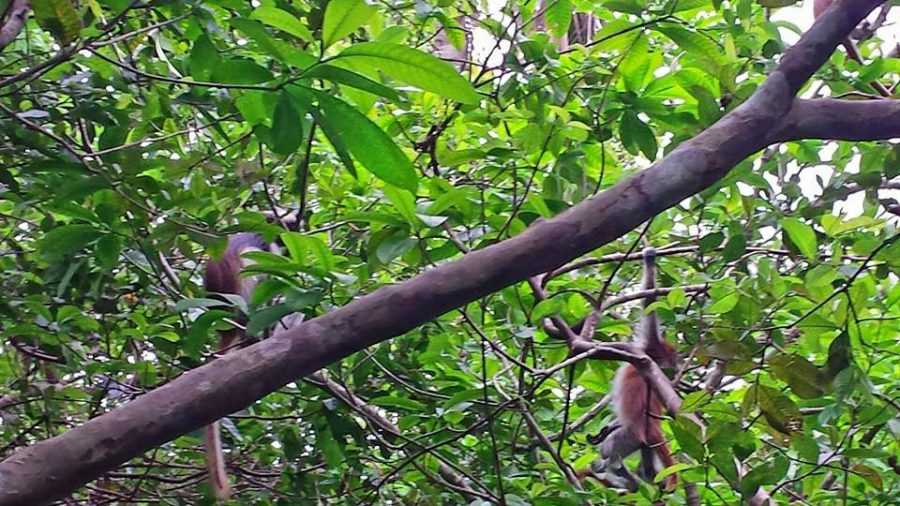
On the other hand, as an environmental educator, I think that staying at home is not a solution. On the contrary, it’s harmful. It is essential to get acquainted with the world around us, to experience the wonders of nature. Emotion-inducing experiences create awareness and motivation to preserve nature.
And that’s why we’re here, so let’s talk.
Ecotourism
As someone who likes to travel very much and is particularly enthusiastic about international travel and urban destinations, it was especially challenging for me to study the subject and understand the magnitude of the impact of my trips on the environment.
Tourism, in its core, is harmful to the environment. The amount of fuel we consume when we travel is much higher than during our daily routine (flights, and travels between destinations) and subsequently lead to more greenhouse gas emissions. Most of us consume a lot more on trips, whether during sales at major overseas clothing chains, souvenirs for kids, friends, uncles… Eating in restaurants, even shopping in advance for the trip like trekking gear or small bottles for toiletry products. All of these add up to the footprint of our very presence. Every action we take, on the individual level has implications for our environment, so let’s make sure the positive impact outweighs the negative.
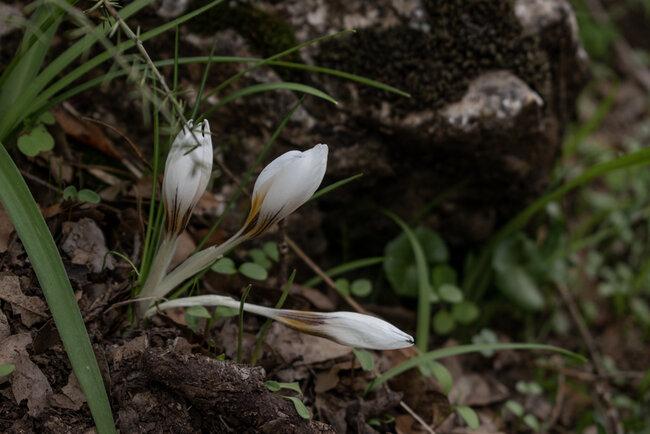
How do we do this? Ecotourism
Ecotourism doesn’t have a single definition. This is because of the multitude of players and stakeholders involved in trying to create a definition. I prefer to treat ecotourism as a scale based on three fundamental principles: conservation, growth and justice. The total conscious actions we take determines our position on the scale.
Here are some ways to make our next trip or vacation (finger crossed for the next one to take place soon) more environmental:
1. Opting for a trip/vacation in nature
As an urban landscape enthusiast, this was a the most challenging tip for me. In the world we live in, the importance of things is measured by the income they generate. Therefore, tourism in natural areas paradoxically can preservation of these areas. 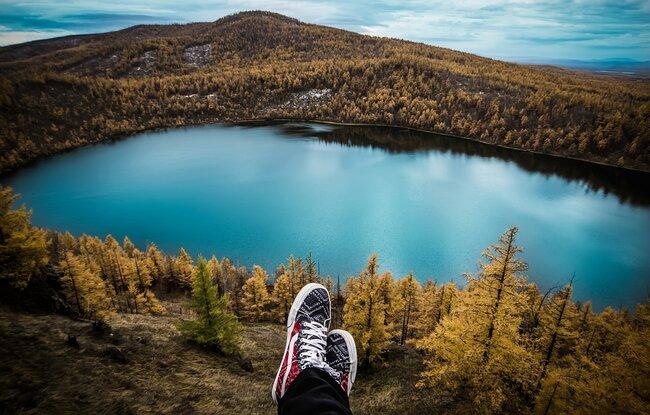
2. Doing your homework
Learn about the destination before travelling to it. Find out about its characteristics and the local customs that are acceptable and respected in it. This is especially true of “under developed” destinations. Travel out of humility, don’t feel and act like the “Modern Westerners” who can buy the whole world.
3. Choosing attractions carefully
Choose attractions that contribute to your knowledge and familiarity with the natural environment and local culture. Think about what’s behind one attraction or another. Ask yourself: is the attraction based on the three principles of conservation, growth and justice?
Does the attraction harm or exploit nature or humans that occupy it? Does the attraction disturb the balance of nature? For example, places that feed wildlife in order to attract it for tourism purposes. Prefer a place that limit the number of tourists and regulate the way you visit. Visit and support conservation and breeding farms.
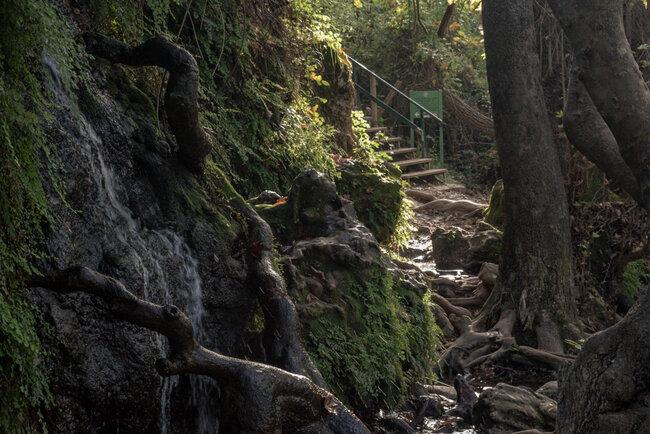
4. Strengthening the local economy
Shopping? Buying clothes? Souvenirs? Or even stopping over for lunch? Prefer to buy from local businesses instead of the chains stores.
5. Taking care of cleanliness
Everywhere you go for a walk, try to ensure you take a bag with and collect trash you encounter along the way. Choose the level of effort you want to put into contributing to the environment, without having it ruining your vacation.
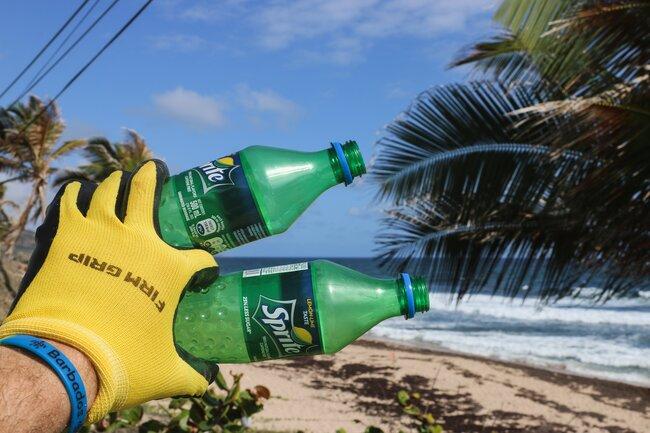
6. Hotel / accommodation behavior
Tourism consumes massive amounts of water. Why? Because when the water bill doesn’t have our name on it, we celebrate.
I’m not saying take all the fun out of vacation, but for instance, just like at home, towels don’t go out of use after one shower. When you’re done using it, hang the towel to dry in the shower or room and don’t rush to throw it on the floor because you know they’ll bring you a new morning. You can also skip the soaps and other hotel mini toiletries and make do with the ones you brought from home. In general, try to avoid products sold in small disposable bottles unless they are going to serve you for years to come.
7. Advanced tip – volunteering on ecological farms
Want to take up your vacation game a few notches environmentally? Look for ecological farms in your destination where you can volunteer.
FEE organization, Blue Flag and Green Key eco lables
The Foundation for Environmental Education (FEE) runs a number of programs, including the Blue Flag a Green Key programs. The operator on behalf of FEE programs in Israel is Ecoocean.
The Blue Flag is an international ecological standard label, awarded annually to beaches that meet a long list of sustainability promoting criteria, maintaining sea water quality, accessibility to different populations and environmental education.
Both the travel apps and the beach websites have the blue flag mark, as well as the program’s website. ‘Green Key’ is an international ecological quality label, awarded to hotels and tourist sites, such as campsites, parks, restaurants and attractions, that operate in line with environmental responsibility and meet a long list of criteria. You can find a map with sites that are Green Key eco-labeled here.
Other useful sites:
UICN (International Union for Conservation of Nature)
The International Ecotourism Society
Responsible Travel a super-useful site for putting together a perfect eco-vacation.
As we said at the beginning of the post, ecotourism is a scale and we can easily move up the scale by taking simple that do not require a huge effort from us.
Did you find out anything new that made you more aware in this post? Congratulations, you just made the first move.
So what are your plans for the next eco-vacation?
Yours,
Alexandra
You might also be interested in reading about Volunteering at an animal rescue center in Costa Rica.

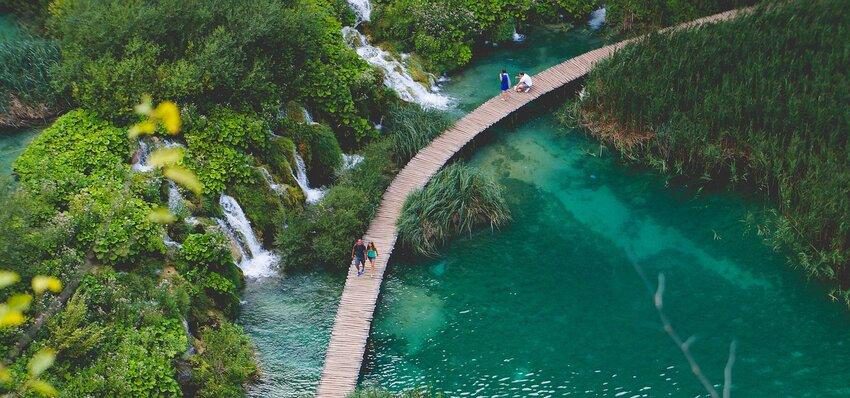
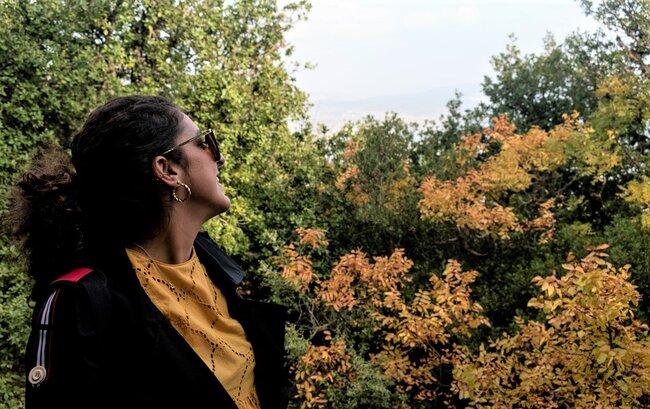
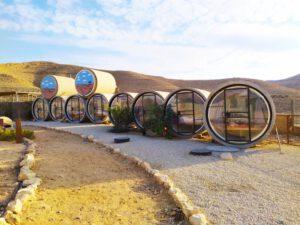

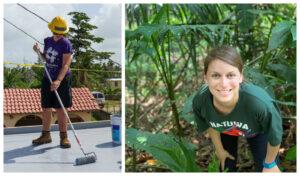


This Post Has One Comment
Adi’s eco-friendly travel tips are a treasure trove of valuable insights for conscious globetrotters. From reducing plastic waste to supporting local communities, this blog offers practical ways to explore the world responsibly. It’s an excellent resource for travelers seeking to make a positive impact on the environment and create unforgettable memories sustainably.